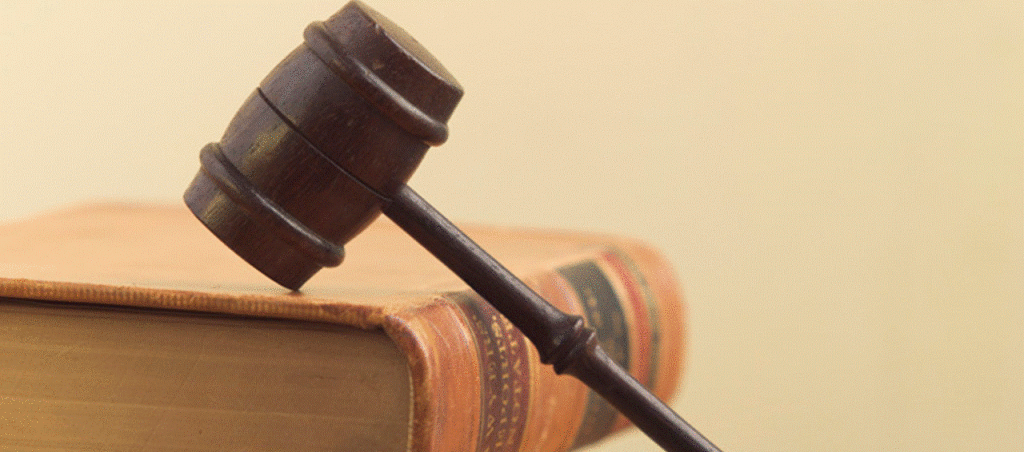
Summary
In the fall of 2013, the AMA published new guidelines for communication between hospitals, coroners and families after an unanticipated or unexplained loss. These guidelines protect the interests of hospitals over the rights of families; and, in at least one state, the guidelines violate the law. Summary opinion: In need of revision.
The passages of concern are as follows:
“5. f. Upon request, the medical examiner should provide information to next of kin regarding options for obtaining an independent autopsy or a review of the medical examiner’s findings and conclusions….
6. e. Upon request, the hospital should provide information to next of kin regarding options for obtaining an independent autopsy or review of the hospital pathologist’s findings and conclusions.
7. When the medical examiner declines jurisdiction, and the hospital declines to conduct an autopsy, the hospital should provide information to next of kin regarding options for obtaining an autopsy elsewhere.”
Background
After a sudden or unexplained death, questions arise. When the state suspects a suspicious or criminal cause of death, the medical examiner will perform the autopsy. If there is no such concern, there may still be other parties interested in learning the information found through autopsy examination. These parties are typically the family and the medical provider (e.g., clinicians and hospital). At simplest, families may request an autopsy for purposes of closure — to learn why their loved on died. Hospitals and providers undertake an awesome responsibility in their care of patients. They may want to learn about undiagnosed medical conditions — undiagnosed despite the best medical care; or undiagnosed because the patient was previously well and not under care.
However, the time of loss is as complex as the system in which it occurs. Many times, the scent of litigation wafts in and out of what should ideally be tender interactions during a family’s difficult time.
Additionally, many families do not even know they have the right to request an autopsy. A larger fraction do not know they have the right to choose a service provider. The autopsy does not have to be performed at the hospital where the medical care was provided. Families who do know this sometimes opt to have their loved one’s autopsy performed at a location separate from where the care was provided. Rightly or wrongly, the decision is often guided by a “fox guarding the hen house” concern. Nonetheless, families are free to make a choice because they know they have one.
Concerns
These guidelines reflect the AMA’s understanding of the ever-present backdrop of litigation. They keep the autopsy under control of the hospital — where the patient death may have occurred. And, furthermore, the guidelines favor that the medical examiner participate with the same goal.
These guidelines keep families in the dark about service options thereby keeping the hospital “in control” of the case. They do not inform families that they may request an alternate service provider. They give the hospital “first dibs” on the autopsy. Only “upon request” will the hospital or coroner provide names of an “independent autopsy” service provider.
Furthermore, only when the hospital or medical examiner “declines” the case (e.g., neither wants the autopsy) are these institutions to recommend to the family that they may seek an independent provider or independent consultation.
While making no statement here in favor or against the practice of litigation, these guidelines are comparable to a hospital recommending their “in-house” lawyer review the family’s legal case before letting the family know they may seek their own counsel. While most families know they may find their own lawyer; most do not necessarily know they may find their own autopsy service provider. And these guidelines ensure that vulnerable families will continue to be kept in the dark.
Against the Law
Connecticut law (Sec. 19a-286) requires that hospitals inform families in writing that they may request an autopsy with a provider of their choosing.
“Any person authorized to consent to an autopsy….may make arrangements for an autopsy to be performed at any institution that routinely performs autopsies…. Information concerning the rights and responsibilities under this subsection shall be contained in the institution’s patient bill of rights….The institution shall provide such information in writing in a language understood by the person who assumes custody of the body of the deceased person prior to the signing of an autopsy consent form by the person who assumes such custody.”
The AMA, a national organization, therefore provides guidelines that would be illegal in this state. It does so by withholding rather than providing the family with information about service options at the time of death, unless certain criteria are met.
An alternative for the AMA
Lastly, if hospitals are interested in preventing litigation, the AMA should consider why families litigate. Medical mishap is but one factor. The quality of the relationships between families and providers is as important if not more so. And, for better of worse, a family’s perceptions (and misperceptions) drive their attitudes and behavior. Sometimes, it’s the difficulty and pain of a loss that turns into anger and blame. Law suits follow.
Nonetheless, there is the important option of actively rebuilding trust during these difficult times. And this comes from openness and communication.
The success of the current trend in “I’m sorry” laws supports this; as does the data for a hospital such as the University of Michigan, which routinely admits and addresses medical error. Litigation rates at the University of Michigan are well-below national average.
Recommendation
I recommend the AMA revise these guidelines with the Connecticut law in mind.
Let families know their options for autopsy service providers right at the time of the loss.
It is simply their right to know.
Maybe then the family will trust the hospital to do the case.